Root canal treatment is one of the most feared dental treatments. Many people will often choose to have their teeth extracted rather than undergoing the procedure.
Due to the modern techniques used in root canal treatment it is possible to restore and save a tooth that is decayed or infected. During the procedure, the tooth’s nerve and the pulp inside the tooth is removed, the tooth is then cleaned, and a filling is placed to seal the tooth and remove the risk of the tooth becoming reinfected.
The team at Maidstone Dental & Implant Centre believe knowing the benefits of undergoing root canal treatment may help to persuade you that there is nothing to fear from the procedure.
 Alleviates pain
Alleviates pain
Far from causing pain, root canal treatment is designed to help alleviate pain. Root canal treatment itself is virtually painless. Thanks to modern techniques and effective anaesthesia, patients who experience root canals are six times more likely to describe it as painless than patients who have a tooth extracted.
Preserves the tooth
If a tooth is infected, the options are either root canal treatment or tooth extraction. Tooth extraction creates a gap which can be restored with a bridge, dentures, or a dental implant. Root canal treatment preserves the tooth’s natural structure and allows you to keep the tooth for many years.
 Stops the spread of infection
Stops the spread of infection
Root canal treatment removes bacteria from an infected tooth, stopping the spread of infection to other teeth and gums.
Improves the appearance of the tooth
Decay, fracture, or infection can affect your tooth’s appearance. But, with root canal treatment, the affected tooth can be preserved and fixed with the help of a dental crown, allowing you to have a natural-looking tooth that functions like the natural teeth.
 Cost Effective
Cost Effective
Tooth extraction can take longer than root canal treatment due to follow-up appointments required for a bridge, dentures, or a dental implant; plus the cost may be higher.
Enhances your overall health
If an infected tooth is left untreated, it may cause additional harm to your oral and general health. Root canal treatment aims to safeguard and preserve your health.
Want to discuss root canal treatment? The team at Maidstone Dental & Implant Centre are ready and waiting to help. Do not hesitate, call today on 01622 682 029 and book an appointment.




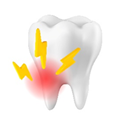 Alleviates pain
Alleviates pain Stops the spread of infection
Stops the spread of infection Cost Effective
Cost Effective
 Teeth straightening treatment will take years.
Teeth straightening treatment will take years. Teeth straightening is purely cosmetic and not worth the investment.
Teeth straightening is purely cosmetic and not worth the investment. Teeth straightening
Teeth straightening
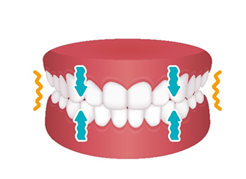 Bruxism
Bruxism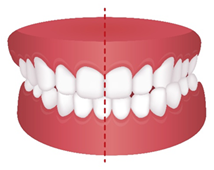 Misalignment
Misalignment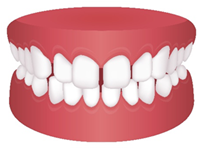 Gum Disease
Gum Disease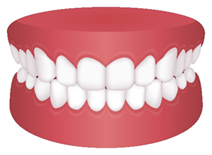 Stop The Threats to Your Dental Health Now
Stop The Threats to Your Dental Health Now
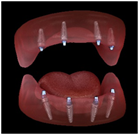 All-on-4 dentures
All-on-4 dentures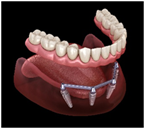 Maidstone Dental & Implant Centre
Maidstone Dental & Implant Centre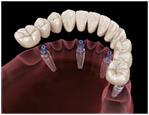 Cost effective –
Cost effective – 
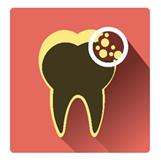 Cavities
Cavities The obvious solution? Stop drinking fizzy drinks. But many of us just cannot seem to kick the habit. If stopping fizzy drinks is too much of a stretch, there are things you can do to lessen the risk of damaging your teeth.
The obvious solution? Stop drinking fizzy drinks. But many of us just cannot seem to kick the habit. If stopping fizzy drinks is too much of a stretch, there are things you can do to lessen the risk of damaging your teeth.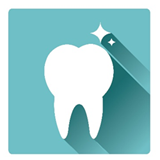 Soft drinks are not a healthy choice, but they are a popular one. If you have to drink fizzy drinks, do it in moderation and protect your dental health in the process.
Soft drinks are not a healthy choice, but they are a popular one. If you have to drink fizzy drinks, do it in moderation and protect your dental health in the process.
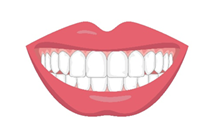 Blends with your natural teeth
Blends with your natural teeth Enables clearer speech.
Enables clearer speech. A permanent solution
A permanent solution
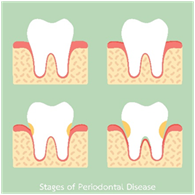 Prevent Tooth Decay and Gum Disease
Prevent Tooth Decay and Gum Disease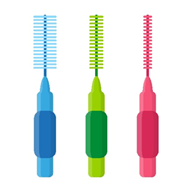 Health Benefits of Interdental Cleaning
Health Benefits of Interdental Cleaning
 How should you look after your Dental Crowns?
How should you look after your Dental Crowns? When should you replace a Dental Crown?
When should you replace a Dental Crown? Find out more!
Find out more!
 Myth 1 – The harder you brush the cleaner your teeth will be.
Myth 1 – The harder you brush the cleaner your teeth will be. Myth 4 – It is important to rinse your mouth after brushing.
Myth 4 – It is important to rinse your mouth after brushing.




